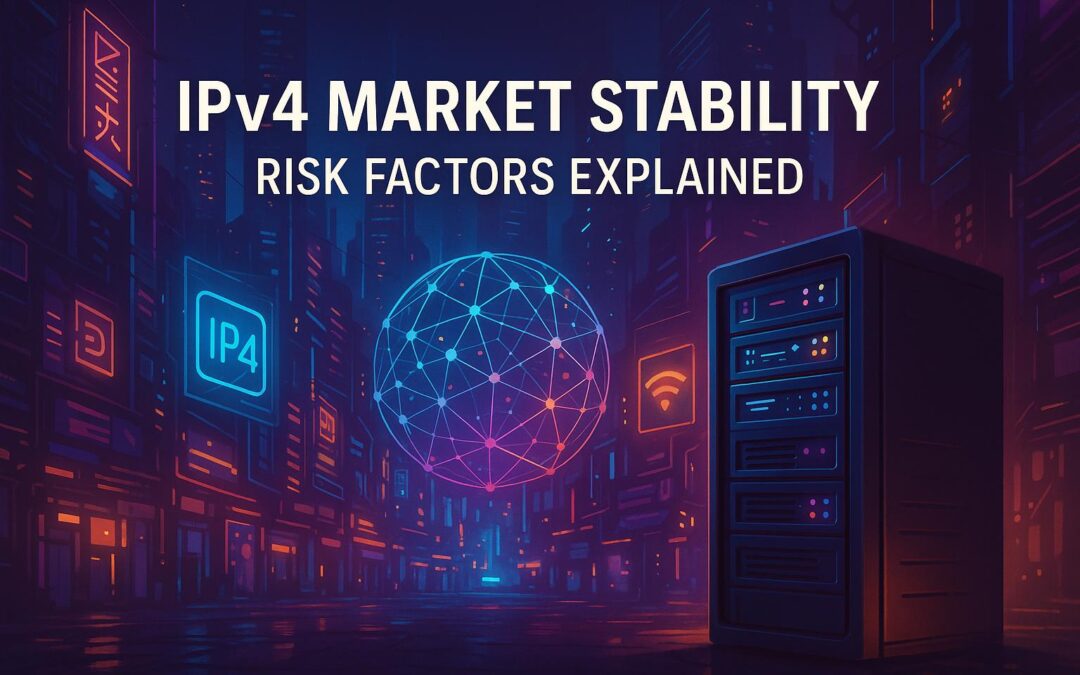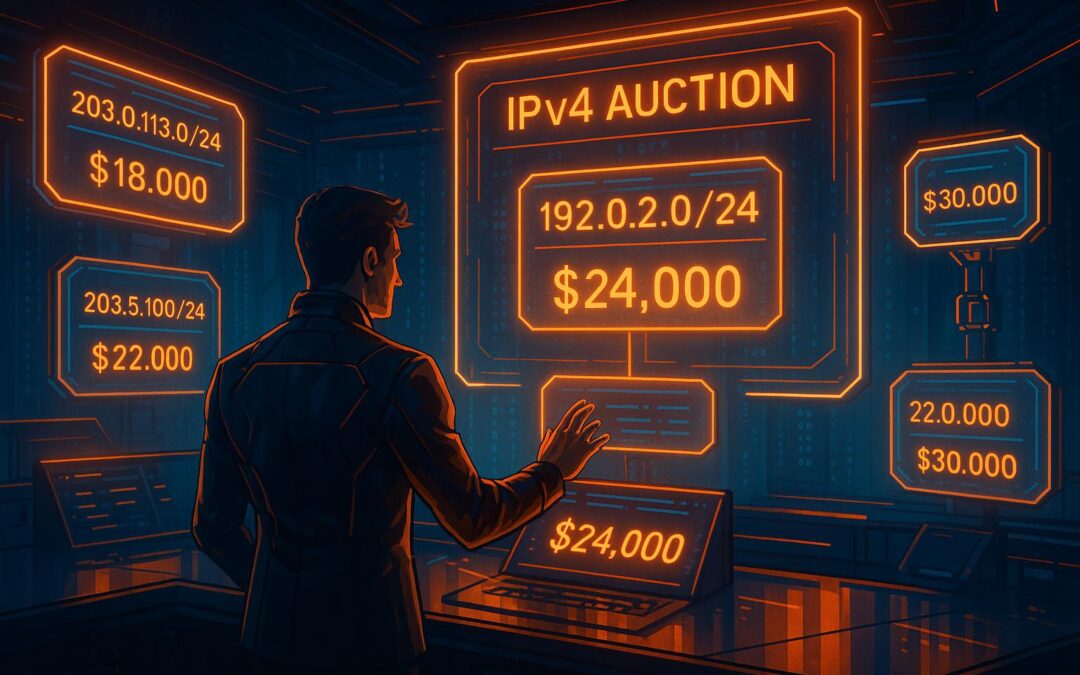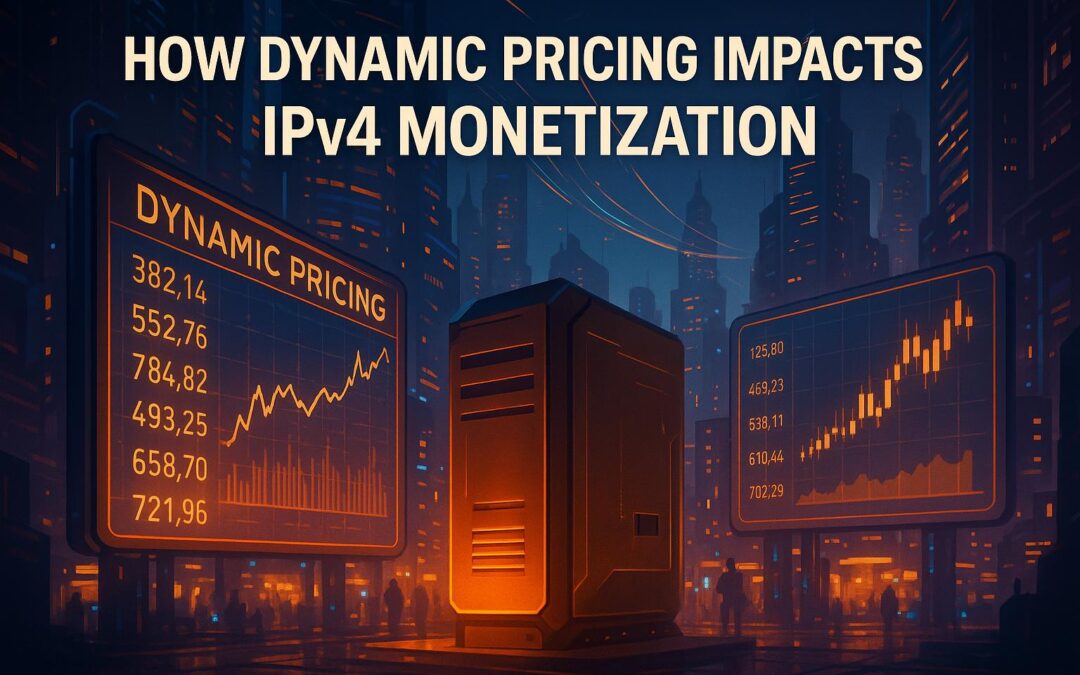
by admin admin | May 24, 2025 | IPv4
The IPv4 market is shifting rapidly. Here’s what you need to know: Prices are volatile: Larger IPv4 blocks (e.g., /16) dropped by 52% between 2024 and early 2025, while smaller blocks held more stable. Demand is changing: AI companies and smaller ISPs are...

by admin admin | May 23, 2025 | IPv4
IPv4 addresses are scarce and valuable. Since their depletion in 2011, their prices have surged, creating a thriving market. IPv4 brokers simplify buying, selling, or leasing these addresses, helping businesses manage resources, reduce risks, and generate revenue. Key...

by admin admin | May 22, 2025 | IPv4
IPv4 addresses are in high demand due to their limited supply and widespread use. Organizations can profit by selling or leasing unused IPv4 blocks through auctions. Here’s what you need to know: Why IPv4 Matters: Despite IPv6 being available, IPv4 remains...

by admin admin | May 21, 2025 | IPv4
Large IPv4 blocks (/16) dropped 30% in 2024, from $50 to $35 per address. Leasing IPv4 addresses is more stable, averaging $0.50 per address in 2024. Regional Internet Registries (RIRs) have varying prices. For example: APNIC peaked at $0.83 per address. RIPE NCC...





